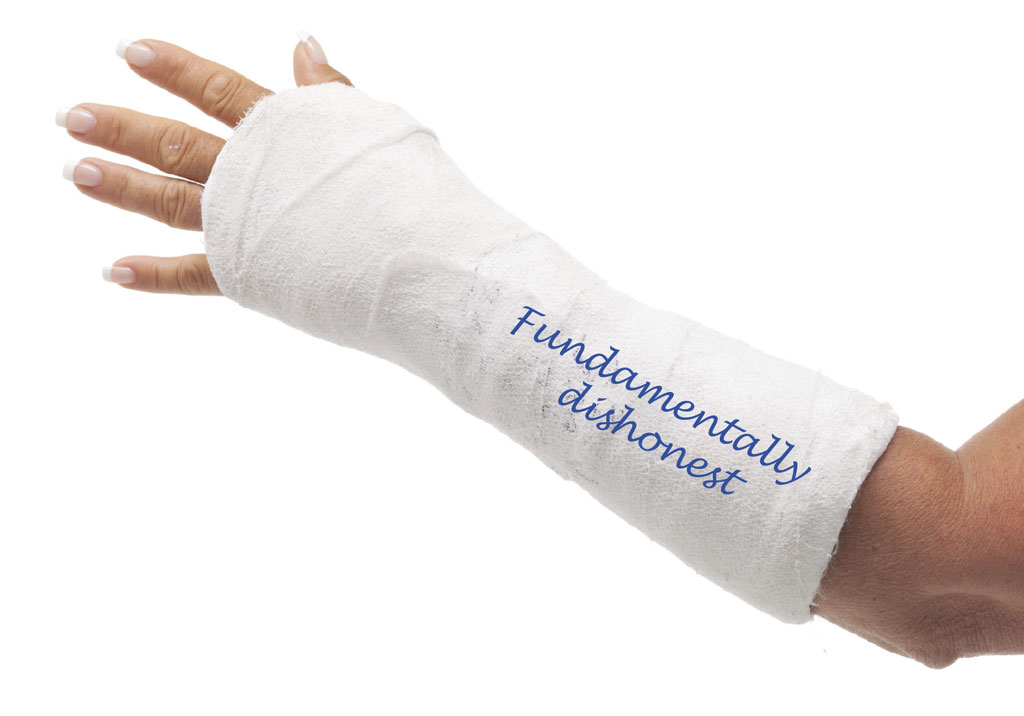
David Spencer & Alistair Kinley assess the government’s attempt to legislate for the fundamentally dishonest
One particular clause of the Criminal Justice and Courts Bill has been exercising the minds and mouths of a number of personal injury practitioners, following a government amendment introduced by Justice Secretary Chris Grayling in June 2014.
The provision requires that, following the defendant’s application, the court shall (ie must) dismiss all of the claimant’s claim for damages for personal injuries if it is satisfied on the balance of probabilities that the claimant has been “fundamentally dishonest”, unless in doing so the claimant would suffer “substantial injustice”.
Background to the courts’ new duty
Fraud has gained particular prominence since the 2012 Supreme Court case of Fairclough Homes v Summers [2012] UKSC 26, [2012] 4 All ER 317, in which Lord Clarke confirmed the courts’ power to strike out fraudulent claims in their entirety, at any stage, as an abuse of the court’s process. That judgment reversed the Court of Appeal’s earlier decision in Ul Haq v Shah [2009] EWCA Civ 542, [2010]









